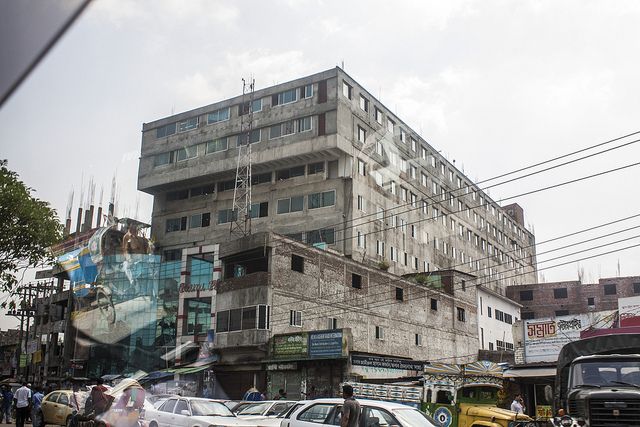
Rana Plaza - Ten Years Later
The huge upheaval that followed, with impacts felt by Bangladesh factory owners, western brands and even the United Nations, set Bangladesh on a path to potential redemption. From fewer than 100 unions in 2013, by 2018 that number had increased to 500.
But while Bangladesh’s Department of Labour now reports that there are over 9,000 trade unions in the country, the ITUC has ranked the country as one of the ten worst in the world for workers,
The ITUC reports that registering an independent union has become difficult. Even when it succeeds, danger awaits the new unions: in 2022 11 union leaders were kidnapped and blindfolded days after they successfully registered their new garment workers’ union.
Last August six people died horribly when Chawk Bazaar burned down: the workers had been sleeping in a back room after an all-night shift. As with Rana Plaza, the authorities had been warned of the dangers of the site, but no action had been taken.
Deaths are not always accidental: in 2021, police shot and killed five workers involved in a protest against unpaid wages at a power plant. Police also hounded an attempt by the country’s union federations to set up a new joint council.
As we mark the 10 year anniversary of the heart-breaking events at Rana Plaza, it is important to remember workers require our solidarity as much now as they did in 2013. Pressure must be put on the government to end both its negligence when it comes to protecting workers, and its complicity in attacks on unions.
And just as many did in 2013 by joining and funding the Accord, western companies must play their part to support workers. We need all companies bound by mandatory human rights due diligence, so no worker in a British supply chain is left behind. With other western countries, and the EU, looking at such legislation, workers in the garment industry at last could enjoy a safer future.
Stay Updated
Want to hear about our latest news and blogs?
Sign up now to get it straight to your inbox
